We value your privacy
We use cookies to enhance your browsing experience, serve personalized ads or content, and analyze our traffic. By clicking "Accept All", you consent to our use of cookies.
We use cookies to help you navigate efficiently and perform certain functions. You will find detailed information about all cookies under each consent category below.
The cookies that are categorized as "Necessary" are stored on your browser as they are essential for enabling the basic functionalities of the site. ...
Necessary cookies are required to enable the basic features of this site, such as providing secure log-in or adjusting your consent preferences. These cookies do not store any personally identifiable data.
No cookies to display.
Functional cookies help perform certain functionalities like sharing the content of the website on social media platforms, collecting feedback, and other third-party features.
No cookies to display.
Analytical cookies are used to understand how visitors interact with the website. These cookies help provide information on metrics such as the number of visitors, bounce rate, traffic source, etc.
No cookies to display.
Performance cookies are used to understand and analyze the key performance indexes of the website which helps in delivering a better user experience for the visitors.
No cookies to display.
Advertisement cookies are used to provide visitors with customized advertisements based on the pages you visited previously and to analyze the effectiveness of the ad campaigns.
No cookies to display.

If your little one could use a boost to the love they show themselves and others, consider teaching them how to do a loving-kindness meditation, or LKM, for short. It’s a very easy meditation practice to teach kids, and it’s not just all warm-fuzzies: Loving-kindness meditation is scientifically proven, in many research studies, to offer benefits for practitioners’ physical and mental wellbeing.
When little ones practice loving-kindness meditation, they gain a skill that they can use for the rest of their lives. When kids learn how to send out these good vibes, almost like virtual hugs, to themselves, loved ones, and all creatures on earth, they feel better. Self-critical feelings melt, anger dissolves, and they finish the practice feeling much more positive.
A loving-kindness meditation, also called metta meditation, is the practice of sending love to yourself, loved ones, others, and all creatures on the earth. If any meditation practice was like a love letter, it would be loving-kindness meditation.
It’s a meditation practice that is centered around opening your heart to unconditional love, connecting with it, and sending it out to others like your loved ones, those who are neutral to you, those who you may have some difficulties with, and all beings on the planet.
It’s a simple practice, with many benefits, but it can sometimes be difficult for us, because we may feel that we, or others, are not deserving of love. That’s okay. We are human, and within our human-ness there are a lot of “big” feelings. These might be feelings of anger, frustration, sadness, fear, distrust, self-doubt, and feeling critical, of ourselves or others.
Because loving-kindness increases the capacity for empathy, peaceful, positive feelings often arise while doing, or after the meditation. A loving-kindness meditation may not change the person you are sending the wishes to, but it opens your heart to love and compassion by helping you see others in a kinder, gentler way.
And when you see someone else in a new, and more positive light, you may respond to them differently, perhaps even with more love and compassion, and this may improve your relationship with them. At the very least, having compassion for others is quite healthy for you, and leads to many benefits.
Tapping into love of this meditation practice is quite beneficial, for both adults and kids. Loving-kindness meditations are proven to have immediate and often long-lasting benefits. Below are some of these research-based benefits.
1. To begin, find a quiet place and settle in. Having a cozy blanket around you, or playing soft music might be helpful.
2. Slow your breathing by inhaling through the nose, if you are able, and then exhaling slowly through the mouth.
3. As you inhale, feel your belly rise, like a balloon, and make your exhale longer, as if you are slowly letting the air out of the balloon.
4. If you are able, imagine that you are in the presence of someone you love. This could be a spiritual guide or a mentor, a special tree, or for kids, a favorite grown-up, pet or stuffed animal.
5. As you repeat the refrain (below) think about the words, don’t just repeat them. Feel the emotion and the meaning behind them as you send out the loving-kindness wishes.
6. Use the refrain (or write one that is meaningful to you) and send the loving-kindness out to yourself, someone close to you, someone who is neutral to you, someone who it might be difficult for you to feel loving towards, and then finally, to all beings on the planet.
7. Kids especially enjoy sending love out to animals, fish, birds, trees and wildlife.
8. Use the following refrain:
May (I, you) be happy.
May (I, you) be safe.
May (I, you) be free from pain.
May (I, you) feel peaceful.
May (I, you) always be well.
If you and your child want to change the order of wishes, that is completely fine. Little ones often like to begin with all beings on the planet. Adults sometimes find it hard to begin with themselves. Once you do the practice you will find the way that best works for you.
Wee Meditate has many loving-kindness meditations that teach kids how to practice in a way that is accessible, meaningful, and beneficial.
Start your subscription today and see how your child can benefit from meditation.

